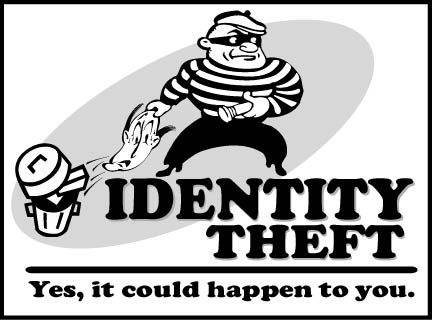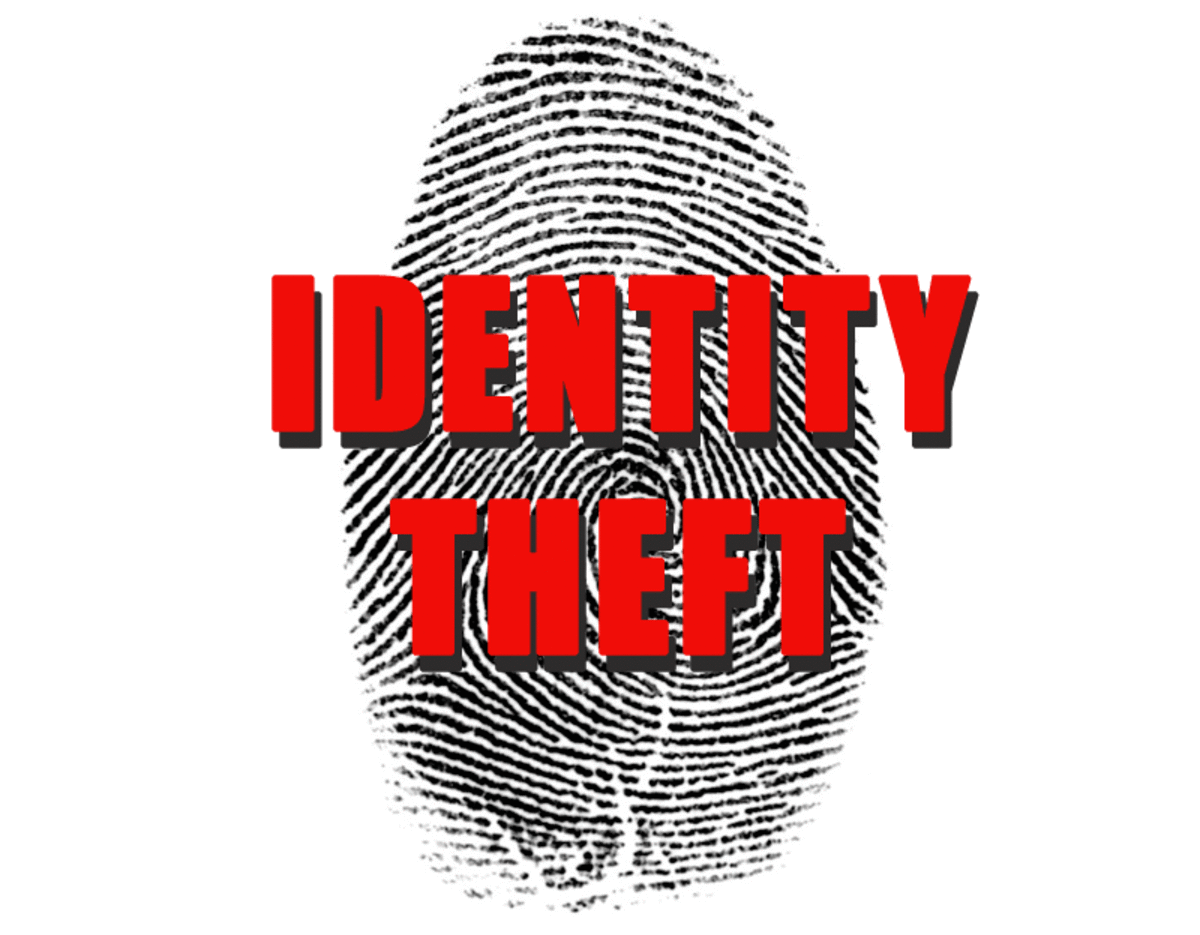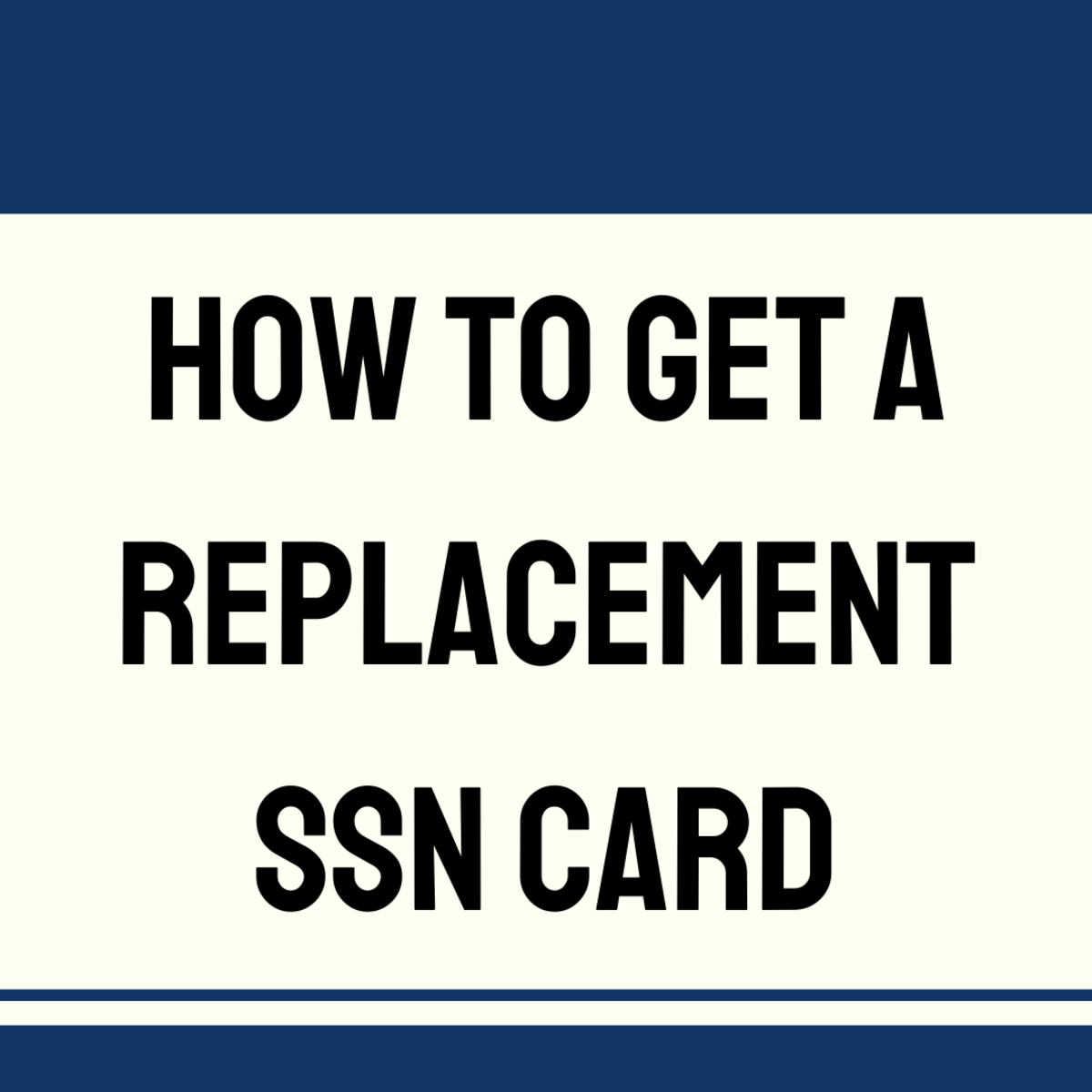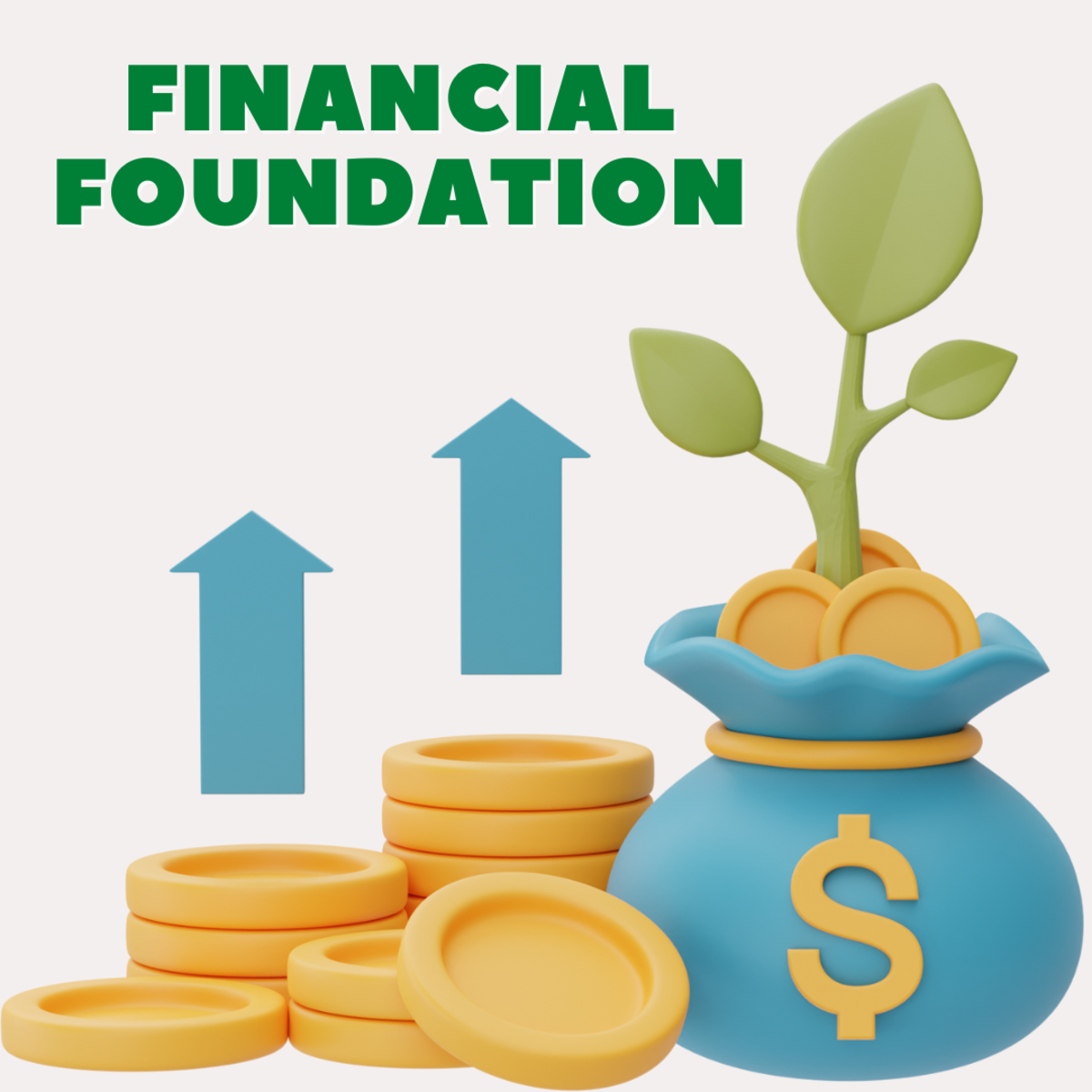How does Identity Theft Happen?

Identity theft is the use of another person’s personal information such as name, Social Security Number (SSN), date of birth, driver’s license number to fraudulently obtain credit cards or loans, open a checking account, cellular telephone account, and so on with the objective of not paying back any of the borrowed money. Criminal identity theft expands on the crime by using financial identity theft to support criminal or terrorist activities.
Almost everybody with
personal identification information can be an identity theft victim even
children because most of them over 16 years old have an SSN, and of course date
of birth (DOB) which is important. I
know some people who have already been victimized. It’s such a hassle to get back your identity and good reputation.
It’s not that difficult for identity thieves to obtain other people’s personal information. For example, if you lose your wallet or someone stole it. Almost everything is in there like your driver’s license (with name, address, and date of birth), credit cards (can be gas card, store cards, visa, mastercard, American express card, etc.), ATM card. Sometimes your ATM card PIN number is written down and inserted in your wallet. You also have your medical benefits card (with your Social Security Number as the ID number). Some even carry checkbooks and their actual SSN card. The wallet itself has all the information an identity thief needs.
Your personal information can also be obtained through dumpster diving. Thieves can go through the garbage cans and look for information such as cancelled checks, bank statements, utility bill statements, credit card receipts, and preapproved credit card offers, anything that contains your personal information.
Have you heard about Check washing? It is one of the fastest growing crimes in North America. A criminal can obtain one of your checks (for utility bill, car payment, credit card bill, etc.) by going to your mailbox or your recipient’s mailbox. The thief can use household chemicals or solvents to erase the ink from a check, leaving your signature and rewriting the check to whomever they want.
Identity theft can also happen when an insider sells your information to the thief.
How can you prevent identity theft?
- Use a paper shredder. Shred your old credit card statements, bank statements, retirement savings plan statements, pay stubs from work, unwanted credit card applications. Keep the new ones in a safe place.
- Use check fraud prevention pens to help protect against check washing. These pens contain ink that is absorbed into the paper fibers used in checks.
- Carry only one or two credit cards preferably with low credit limit. Guard your credit card receipts. Some stores show the whole credit card number, expiration date, and your name.
- Check for the VeriSign or the lock at the bottom right corner of your Web browser window or check for "https" instead of "http" in the URL name of the website you're in.
- Memorize your passwords and PINs, never carry them with you. Leave your SSN card at home. Memorize your Social Security number.
- Do not leave mail in the box overnight.
- Never give personal information in response to emails or phone calls. Contact the companies directly.
- Order and review your credit report at least annually. Close accounts unused for a long time already to prevent from being used by a thief. If you want to closely monitor your credit report you may want to subscribe to Triple Alert (for $4.95 a month) which I do to have the 3 credit bureaus alert me via email whenever there's an inquiry or account opening is made under my name. This way, you can react immediately and stop the usage of the new account.
- Opt out of preapproved credit cards by contacting your financial institutions and credit card companies.
- Request the credit bureaus (Equifax, Experian, TransUnion) for placement of fraud alert on your credit report. Fraud Alert will require companies to verify your identity before opening or updating any account by contacting you first.
Who to notify if you are a victim of Identity Theft?
- Contact your local police. Send the police report number to your creditors.
- Contact the credit bureaus (Equifax, Experian, TransUnion). Review your credit report and dispute any incorrect information.
- Contact your credit card companies. Dispute charges you didn’t make.
- Contact your bank. Close any compromised account.
- Contact the merchants to alert of fraudulent checks.
- Contact your local DMV or MVA (Motor Vehicle Administration). Report lost/stolen driver’s license.








